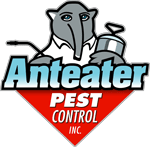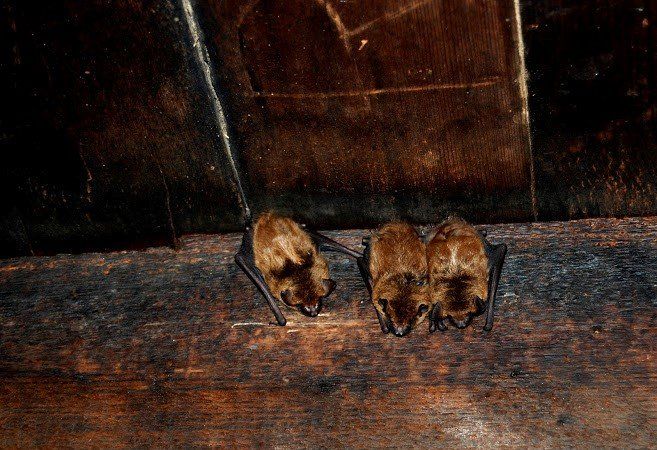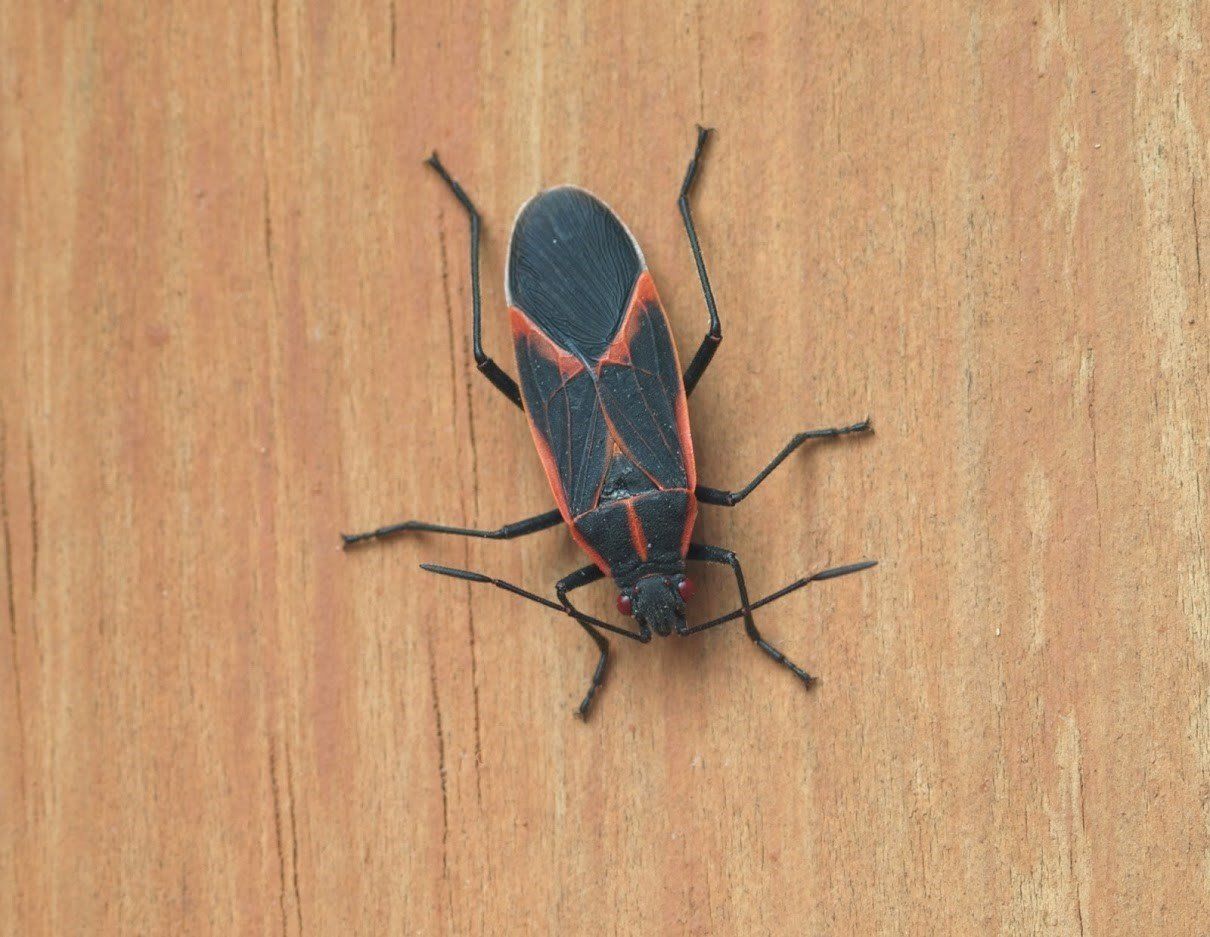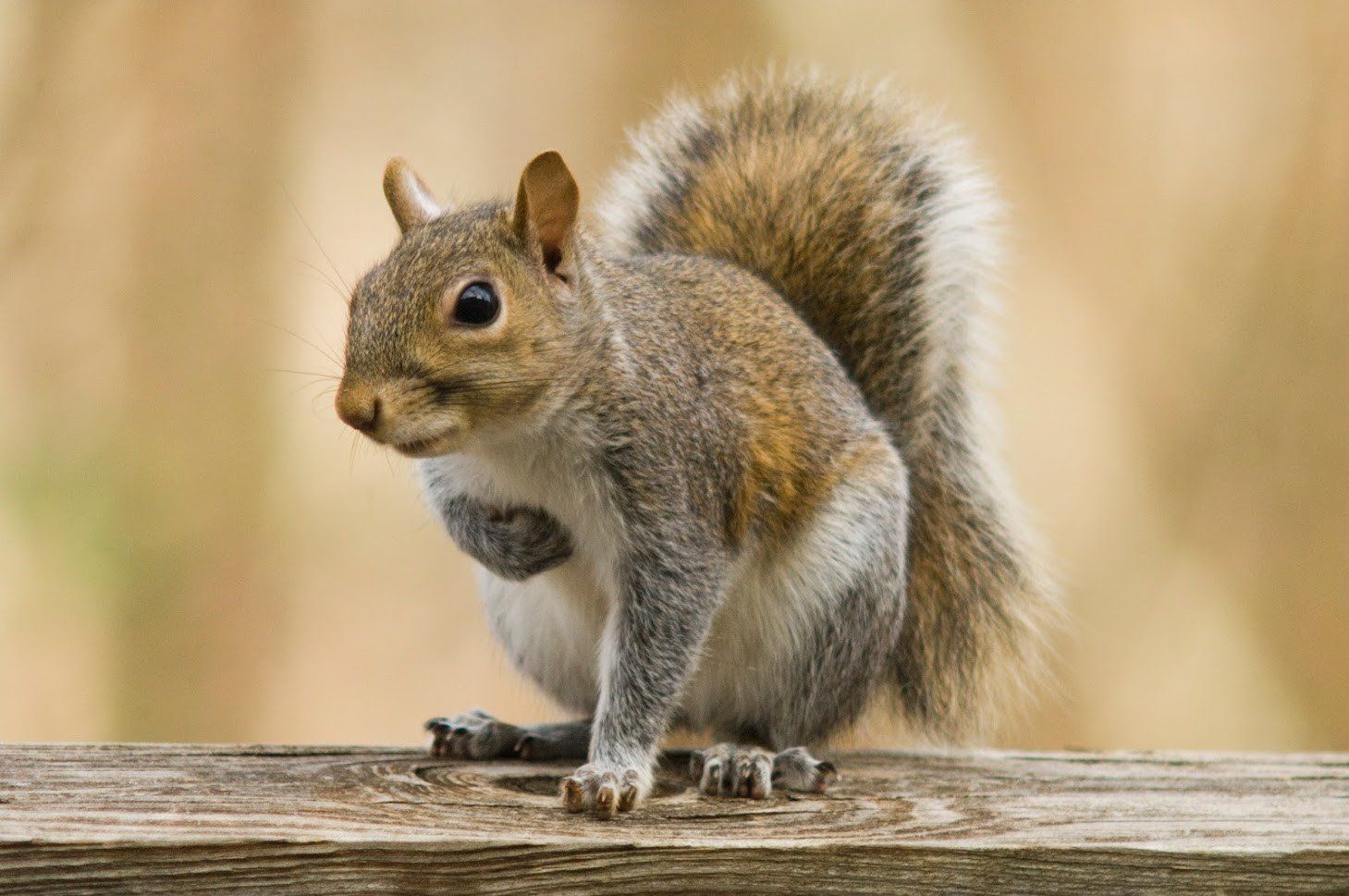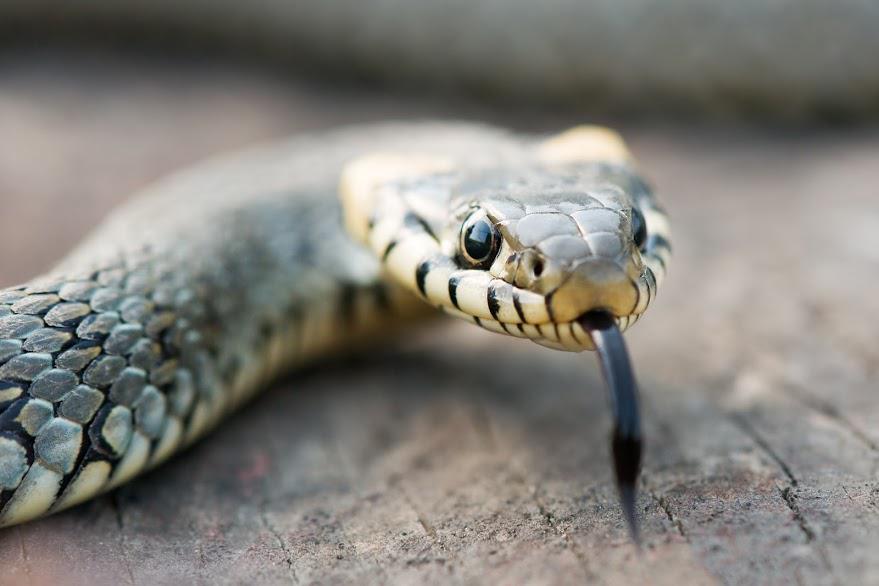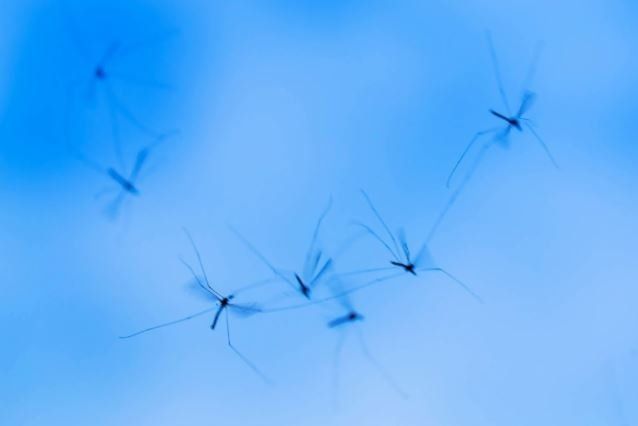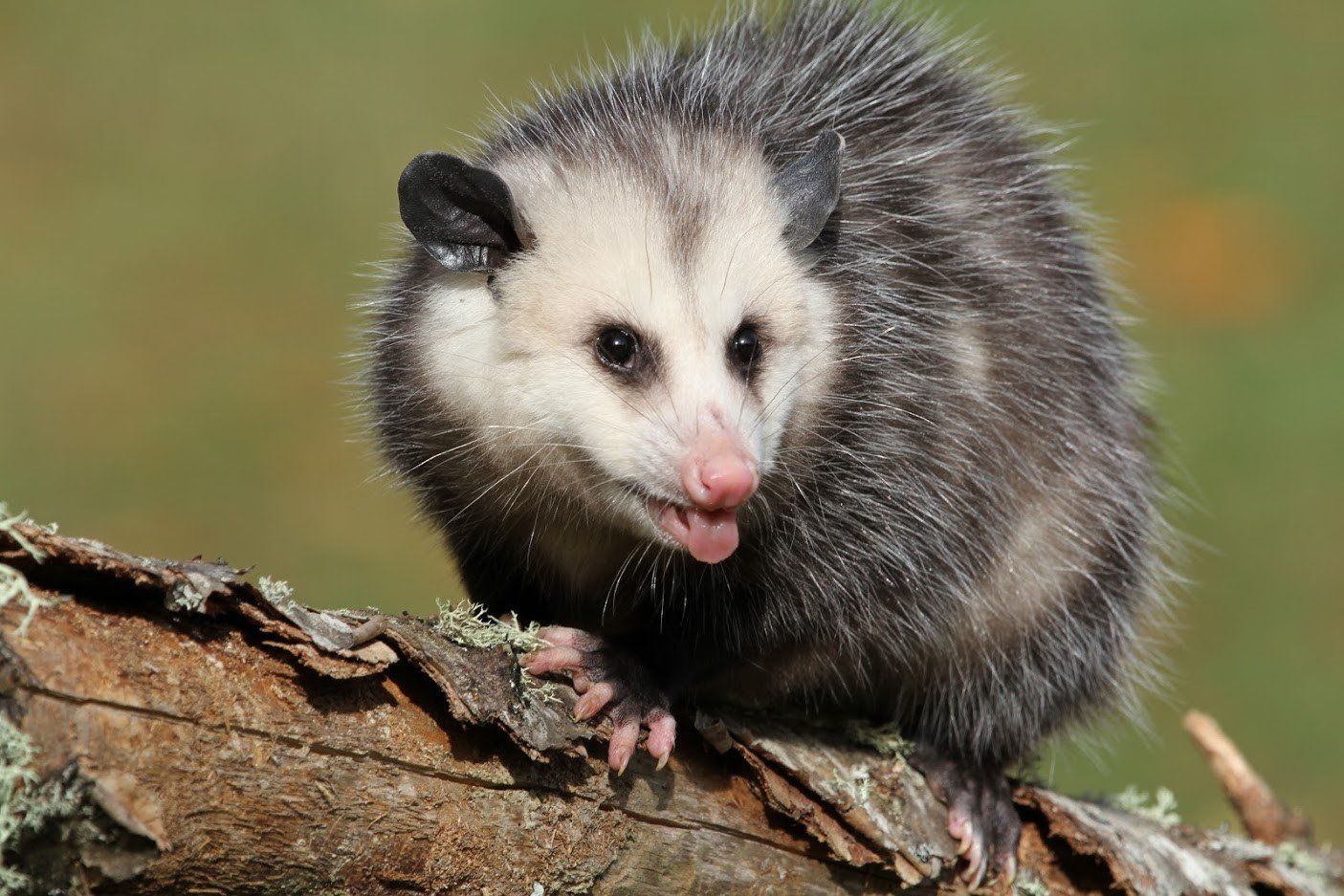Could Raccoons, Skunks, or Opossums Be Riding Out Winter in Your House?
Admin • January 9, 2020
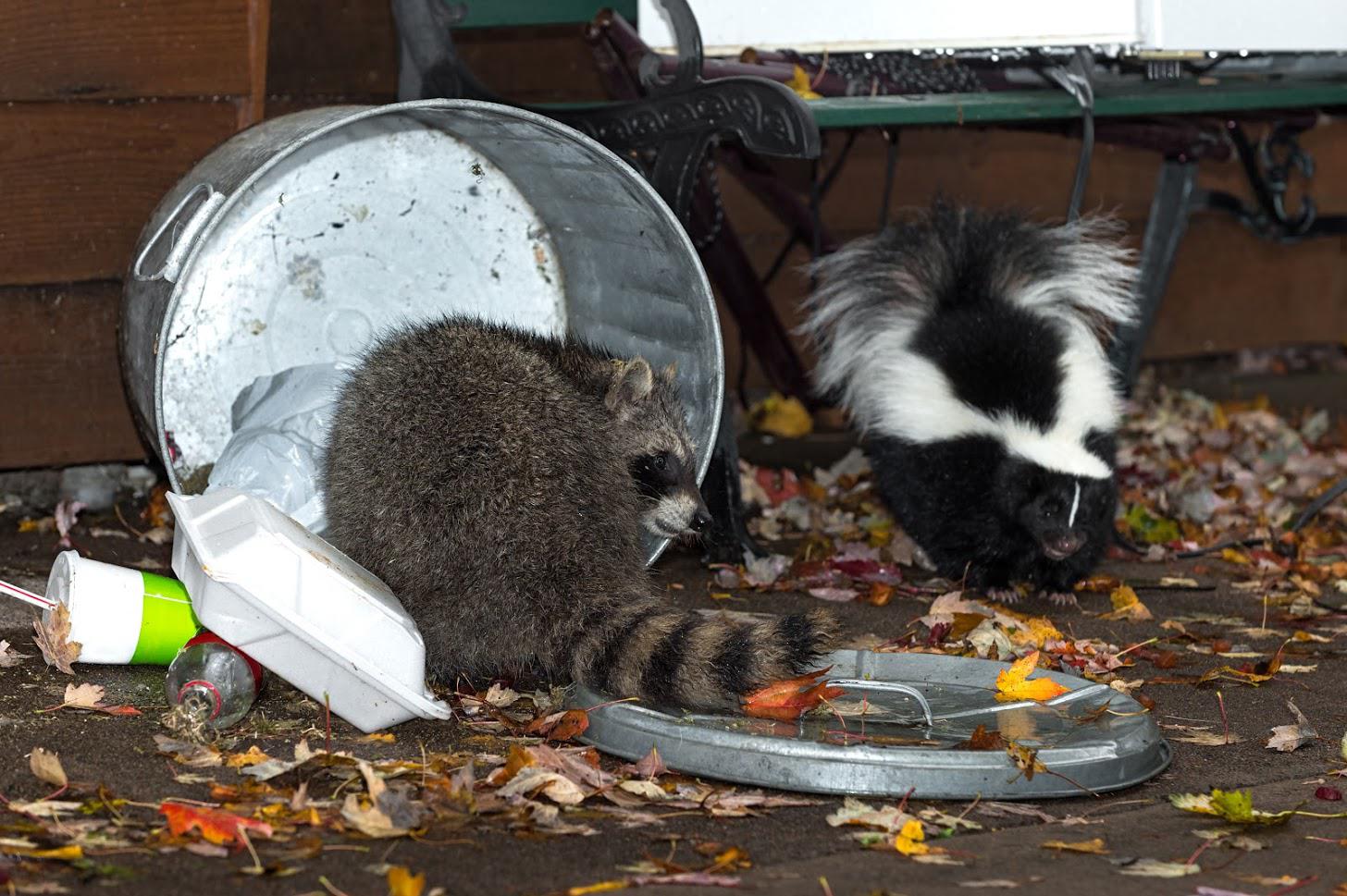
Whether you live in the city, suburbs or in the country, you have likely seen raccoons, skunks, and opossums — or at least evidence of these primarily nocturnal animals. Unlike many critters, raccoons, skunks, and opossums do not hibernate in winter, often giving property owners a fright if they come across one midwinter. Here is what you should know about these troublesome animals.
What Do Raccoons, Skunks, and Opossums Eat?
All three creatures are omnivores. This means they eat a varied diet of both plant and animal matter. Fruits, nuts, berries, garden vegetables, worms, insects, eggs, and even small birds and rodents are all on the menu. These natural food sources are harder to find in winter, which means they must be innovative in their search for food.
While people often give raccoons the trash bandit moniker, every member of the trio are happy to scrounge through your garbage cans looking for something good to eat. They will also greedily consume pet food and raid your birdseed stores.
Can Raccoon, Skunks, and Opossums Damage Your Home?
Because raccoons, skunks, and opossums do not hibernate, in addition to food, they are always on the lookout for somewhere warm to pass Michigan's long, cold winters. Raccoons will choose a tree hollow or old barn for shelter but if they see the opportunity to bunk with you in your garage or toasty attic, they'll naturally choose that instead.
Opossums normally live in burrows or dens that they line with paper, leaves, and other bedding material to help keep them warm. Like raccoons, they prefer to stay with you if they are able. Opossums do not have a thick coat of fur for added protection against the cold, and their hairless ears and tail makes them prone to frostbite. Raccoons and opossums are adept climbers. They can easily scale your home's exterior or simply climb a tree and make the easy transition over to your roof. Once there, raccoons and opossums will use their nails and teeth to claw and chew their way into your attic. Your attic and its cozy insulation are much preferred over one of their drafty dens.
Skunks are not as skilled at climbing as raccoons and opossums are. However, they are excellent diggers. In addition to causing damage to your yard and garden, they can cause extensive damage to your home when they excavate burrows under or near your home's foundation, porch, or deck. They can also use their sharp nails and teeth to chew through your wood siding and burrow into the wall exterior.
Can Raccoons, Skunks, and Opossums Affect Your Health?
Regardless of how a raccoon, skunk, or opossum find their way into your home, you can be certain they will cause damage doing it. But these critters can also threaten your personal well-being.
If these animals decide your home is a more suitable den, they will make daily deposits of bacteria-laden urine and feces. They will also leave behind food waste and hoards. If the animal dies while shacking up with you, the decomposition smell will be horrific. In addition to these unpleasantries, encountering a wild animal in your home can be dangerous. Raccoons are known to carry rabies and can become quite aggressive. Skunks are generally peaceable animals, but if a skunk feels threatened, it will spray, leaving its signature malodorous scent behind.
The spray can cause sickness and even blindness if it gets in your eyes. Skunks can also carry rabies. Opossums are particularly vicious when cornered, especially if they are carrying their young. And while they aren't usually rabies carriers, they can spread many other diseases.
If you notice your garbage cans are knocked over, birdseed and kibble stored in the garage appears to be rummaged through, you observe roof or siding damage, or you hear noises coming from your attic or in the wall, you may have a raccoon, skunk, or opossum problem. Contact Anteater Pest Control Inc. right away. We will come and do a thorough, free inspection and come up with a plan for removing the problem animal.
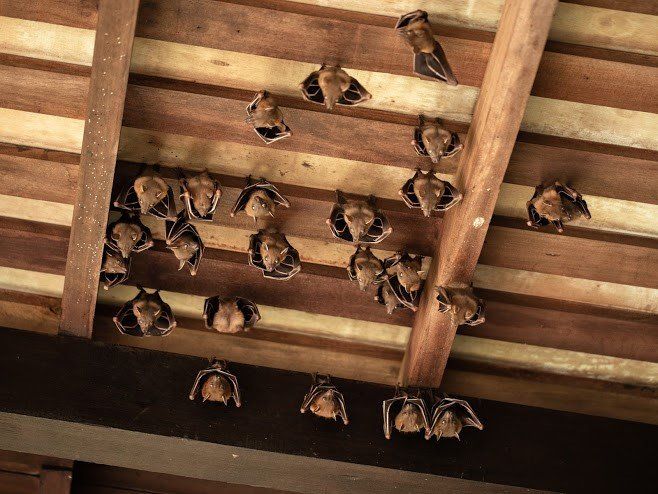
Bats can be cute when you see them in nature, but inside your home, they are more than just a nuisance. Bats can carry deadly diseases, like rabies, which means that if you have a bat, you need to take steps immediately to solve the problem. Removal Options Removal is best left to a professional due to the risks involved. Single Bat A single bat may get into the house through an open window or the chimney. The good news is that this usually is a one-time event and you don't have an infestation. The best course of action is to remove pets and people from the room with the bat, open all of the windows in the room, and then close off the room so the bat can't get into the rest of the house. With luck, the bat will find a window and leave. If you must handle the bat, wear gloves and do not touch the bat directly. The safest option is to call in a pest service if the bat doesn't leave on its own. Roosting Colony Sometimes your home provides the perfect place for daytime roosting. Little-used attics are most at risk, but bats may also colonize crawlspaces, spaces in your walls, or outbuildings. You should not try to remove an entire colony of bats on your own. A pest professional that is aware of local and federal wildlife laws should be called in to trap and remove the bats. Prevention Tactics Once you are free of the bats, your next step is to ensure that they cannot return. Exclusion If a bat can't get into your home, you can't have a bat problem — which is why exclusion is your main goal. Your pest service will inspect your home and find the likely entry points that the bats are using. You can also watch your home during the twilight hours to find where the bats are emerging. Once you know the likely entry points and have had all bats removed from the house, you can seal up the openings so the bats can't regain access to your home. Alternative Dwellings If you live in an area with a high bat population or would simply like to keep these beneficial insect-eaters nearby, then providing alternative dwelling options can be just the ticket for diverting bats away from your home. You can buy or build simple bat boxes. These boxes are typically attached to trees or poles to provide a more attractive roosting space for the bats. Cleanup Safety Bats are not clean animals. If a bat has been roosting in your home, then you will have droppings (called guano) and urine to deal with. Guano Sanitation Bat guano can carry histoplasmosis, a fungal spore that can cause a chronic respiratory disease. If you must try to clean up on your own, you need to cover all of your skin, wear gloves and eye protection, and use a respirator mask. All debris must be cleaned up and all surfaces must be sanitized with a bleach solution. Professionals will also use a HEPA vacuum, which has a strong filter that ensures none of the possible fungal pathogens remain in the air. Dead Bat Removal Extreme caution is necessary if there are dead bats in your home. Conditions like rabies can still be transmitted from dead animals. Wear gloves and do not touch the bat directly if you attempt to remove it yourself. The area where the bat was found must also be completely sanitized with a bleach solution. For more assistance with a bat in the home, contact Anteater Pest Control, Inc.
